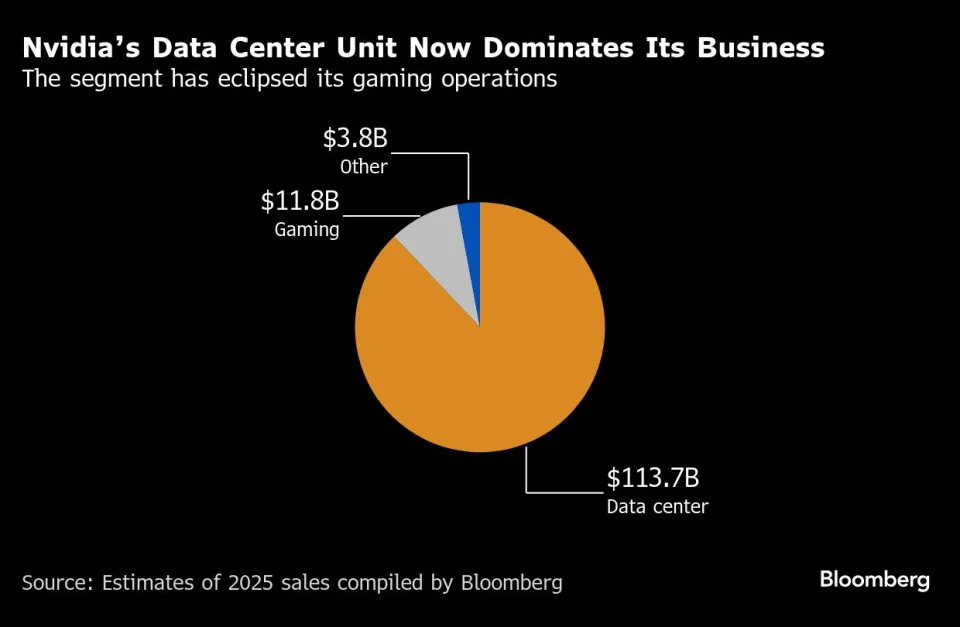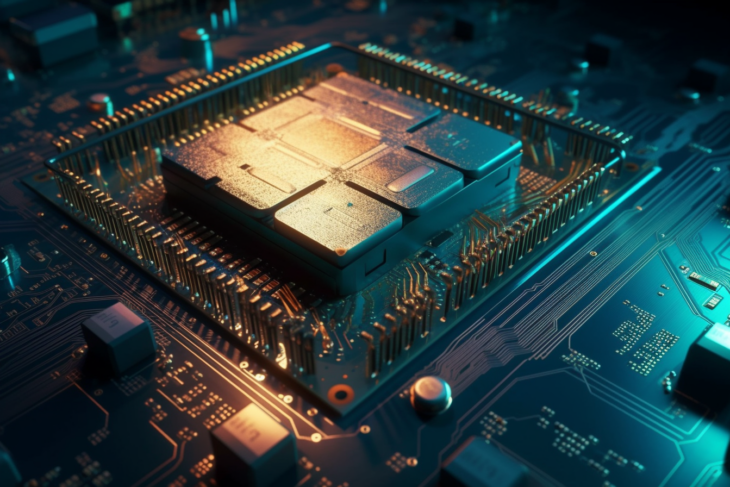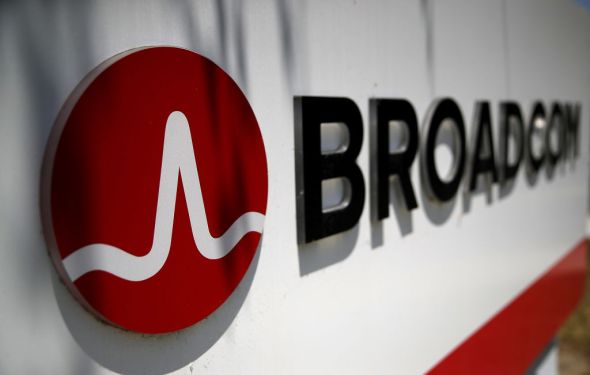
Nvidia Aims to Stay at the Forefront of Artificial Intelligence Computing
Most Read from Bloomberg
- NYC’s Subway Violence Deters Drive to Bring Workers Back to Office
- Can American Drivers Learn to Love Roundabouts?
- Don’t Shrink the Bus
- Dutch Central Bank Restores Amsterdam’s ‘Ugliest Building’
- NYC Congestion Pricing Takes Effect After Years of Delays
Nvidia Corp. Chief Executive Officer Jensen Huang announced a raft of new chips, software and services at the CES trade show in Las Vegas on Monday, aiming to stay at the forefront of artificial intelligence computing.
A Vision for a Future Tech World
The company wants its products to be the heart of a future tech world with a billion humanoid robots, 10 million automated factories, and 1.5 billion self-driving cars and trucks.
Interest in Nvidia’s Products Explodes
Interest in Nvidia’s products and Huang’s forecasts has exploded as companies rush to deploy new AI computing gear.
Tie-Ups with Toyota and MediaTek
Nvidia is launching an update to its GeForce GPUs, which were created with the same Blackwell design that the company uses in its AI accelerators. The new GeForce 50 series cards will take advantage of Blackwell’s capabilities to create even more realistic experiences for computer gamers.
A Glimpse into the Future of Technology
The company wants its products to be the heart of a future tech world with a billion humanoid robots, 10 million automated factories, and 1.5 billion self-driving cars and trucks.
Nvidia’s Products and Strategy
Huang outlined Nvidia’s products and strategy to his audience of hundreds for more than 90 minutes, including tie-ups with Toyota Motor Corp. and MediaTek Inc. that sent their shares more than 3% higher.
New GeForce GPUs
The new GeForce 50 series cards will take advantage of Blackwell’s capabilities to create even more realistic experiences for computer gamers.
Advances in AI Computing
While traditional graphics chips build an image by calculating the shade of each pixel in the picture, the new technology will lean more heavily on AI to anticipate what the next frame should look like.
GeForce GPUs: A Game-Changer for Gamers
‘GeForce allowed AI to reach the masses, and now AI is coming home to GeForce,’ Huang said during the presentation.
New RTX 5090 Model
The flagship RTX 5090 model will be available later this month for $1,999, with less powerful cards following later.
A Shift in Focus
As recently as 2022, gaming was Nvidia’s biggest source of sales. Now the chipmaker’s data center operation is far larger and on course to contribute more than $100 billion this year.
Data Center Operation
The next step is rolling out hardware and software to a larger swath of business and government agencies, helping diversify Nvidia’s revenue.
Nvidia’s Autonomous Driving AI Products
Huang announced that Toyota, the world’s biggest vehicle maker, is now a customer for Nvidia’s autonomous driving AI products and will use its Drive chips and software.
Toyota Shares Gain
Toyota shares in Tokyo extended gains after the announcement.
Extending AI into More of the Physical World
Extending AI into more of the physical world will transform industries worth $50 trillion, Nvidia said. But the move will also bring challenges.
Challenges Ahead
Robots and cars will require software that can handle real-life complexities in a safe way. The company has created Nvidia Cosmos to help make robots smarter and produce fully autonomous vehicles.
Nvidia Cosmos Technology
Cosmos technology is able to create video from inputs such as text. That video then becomes the basis of virtual training, helping reduce dependence on expensive and time-consuming real-world experimentation.
A Partnership with Uber Technologies Inc.
The company is equipping the small $3,000 device with a single Grace Blackwell Superchip – a combination of central processor and graphics semiconductor – working with a large chunk of memory and fast connectivity.
A New Machine for AI Developers
The new machines, developed in partnership with Taiwan’s MediaTek, will run a version of the Linux operating system and aren’t designed for everyday use. Instead, they’re meant to help AI developers work locally when either connecting to the cloud or using conventional computers isn’t practical or possible.
Most Read from Bloomberg Businessweek
- The US’s Worst Fears of Chinese Hacking Are on Display in Guam
- Luxury Brands Need to Get Over Their Youth Fixation to Offset Drag From Trump’s Tariffs
- Elon Musk Is Not Having a Happy New Year
- Why Everyone’s Obsessed With Meat Sticks and Cottage Cheese
- What Happens When TikTok’s Trend Machine Shuts Down?














